
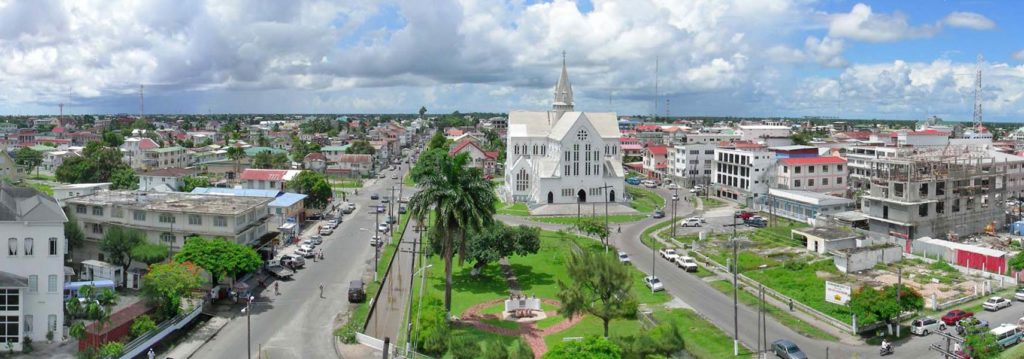
The International Monetary Fund (IMF), following its 2023 Article IV Consultation with Guyana, has shared preliminary findings that paint a positive picture for Guyana’s economic growth prospects.
Guyana has been experiencing rapid economic growth, driven primarily by the government’s modernisation efforts, particularly in the oil sector. In 2022, the nation achieved a record-breaking real GDP growth rate of 62.3 per cent, the highest in the world and is set to continue in 2023 with an expected real GDP growth rate of 38 per cent.
The expansion is bolstered by increased oil production, the implementation of a fast-paced public investment programme, and robust performance in sectors such as services, supplies, agriculture, mining, and quarrying. The first half of 2023 witnessed non-oil GDP growth of 12.3 per cent.
The release from the IMF following the visit, which concluded on Monday, September 11, said, “Guyana saw Consumer Price Index (CPI) inflation reach 7.2 per cent at the end of 2022, in line with other countries in the region. However, it decreased to 1.2 per cent on a year-on-year basis in July 2023, primarily due to declining transportation and communication prices.”
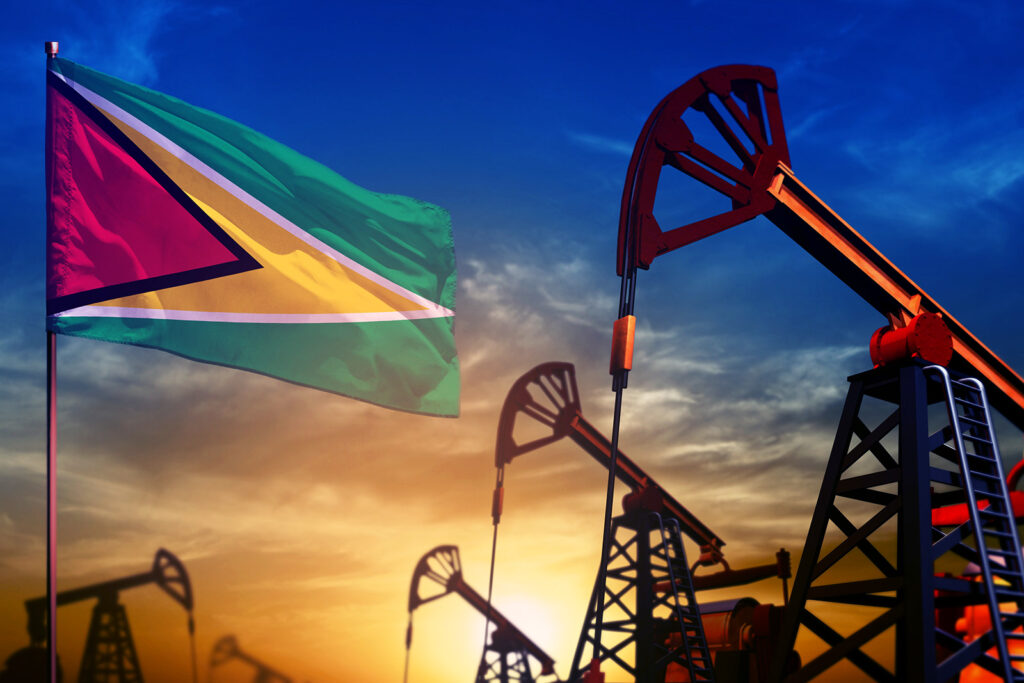
Rapid expansion in oil production is expected to continue with the development of new oil fields between 2024 and 2028. Non-oil GDP growth of 5.5 per cent is projected, supported by the government’s developmental plans. However, these promising prospects come with potential risks, including inflationary pressures, real exchange rate appreciation, adverse climate events, and commodity price fluctuations.
The IMF commends Guyana’s current fiscal and monetary policy mix, considering it appropriate for the country’s developmental needs and economic conditions. Despite strong employment growth in several sectors, unemployment remained at 12.4 per cent in 2022. Thus, the fiscal policy remains expansionary, while monetary policy balances this stance. The increase in broad money and private sector credit has not exceeded nominal growth in the non-oil economy. The Bank of Guyana is actively monitoring macro-financial risks.
The country achieved a substantial external current account surplus of 23.8 per cent of GDP in 2022, with expectations of another significant surplus in 2023. The nation’s banks are reported to be well-capitalised and liquid.
International Monetary Fund
The government’s commitment to fiscal discipline is viewed positively by the IMF. Over the medium-term, fiscal consolidation is projected to achieve a zero overall fiscal balance by 2028. Public investment is expected to be primarily financed by oil revenues, leading to a gradual decline in public sector debt as a percentage of GDP. The real exchange rate is anticipated to appreciate, and inflation is set to increase as the economy closes its development gap. International reserves are expected to accumulate, alongside savings in the Natural Resource Fund (NRF).
Given the potential risks of inflation and exchange rate appreciation, the IMF recommends a continued focus on maintaining macroeconomic stability. This includes monitoring macroeconomic and financial indicators, potential tightening of monetary policy, and the use of macroprudential tools as needed. The exchange rate framework should also be reviewed to ensure it aligns with the country’s economic goals.
Moreover, the IMF suggests adopting a comprehensive medium-term fiscal framework (MTFF) and further modernising public investment management and public financial management frameworks. This MTFF would provide a clear fiscal anchor and operational target, ensuring inter-generational equity and macroeconomic stability.
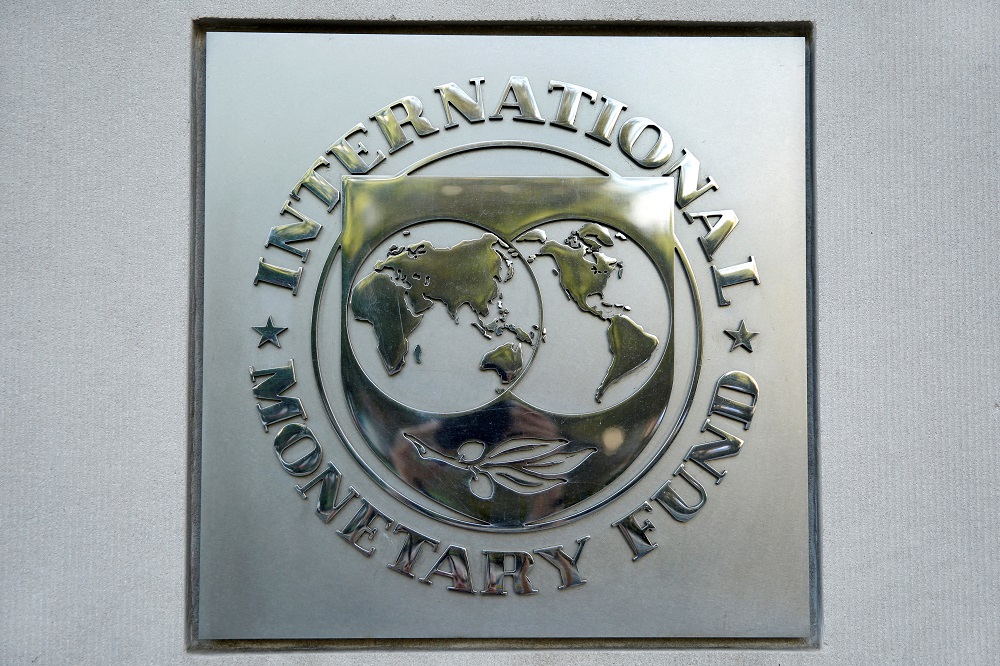
The IMF also praised Guyana’s efforts in strengthening financial stability and governance, particularly in combating money laundering, terrorism financing, and corruption. Progress in implementing recommendations from the 2016 Financial Sector Assessment Program (FSAP) and improving data collection are viewed as crucial steps toward enhancing banking supervision.
Additionally, the IMF acknowledged Guyana’s commitment to managing oil wealth transparently, including the establishment of the NRF and the modernisation of relevant legislation. The government’s climate efforts, such as the Low Carbon Development Strategy (LCDS), are seen as commendable, with funds generated from carbon credits supporting various initiatives.
Efforts to improve the business climate, address labour shortages, and modernise official statistics are welcomed by the IMF.


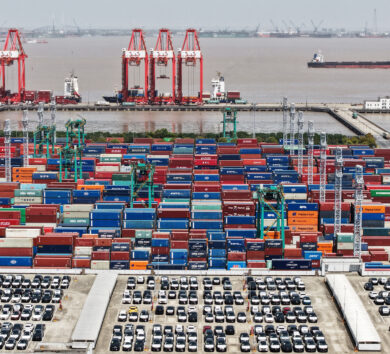
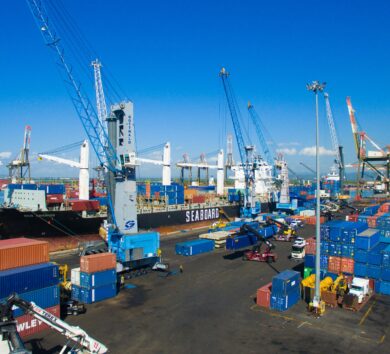
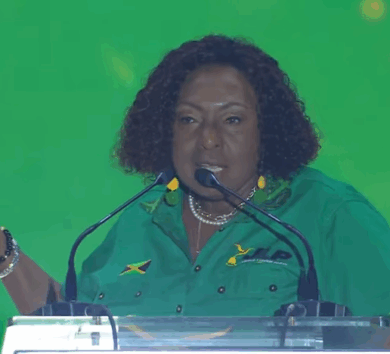


Comments